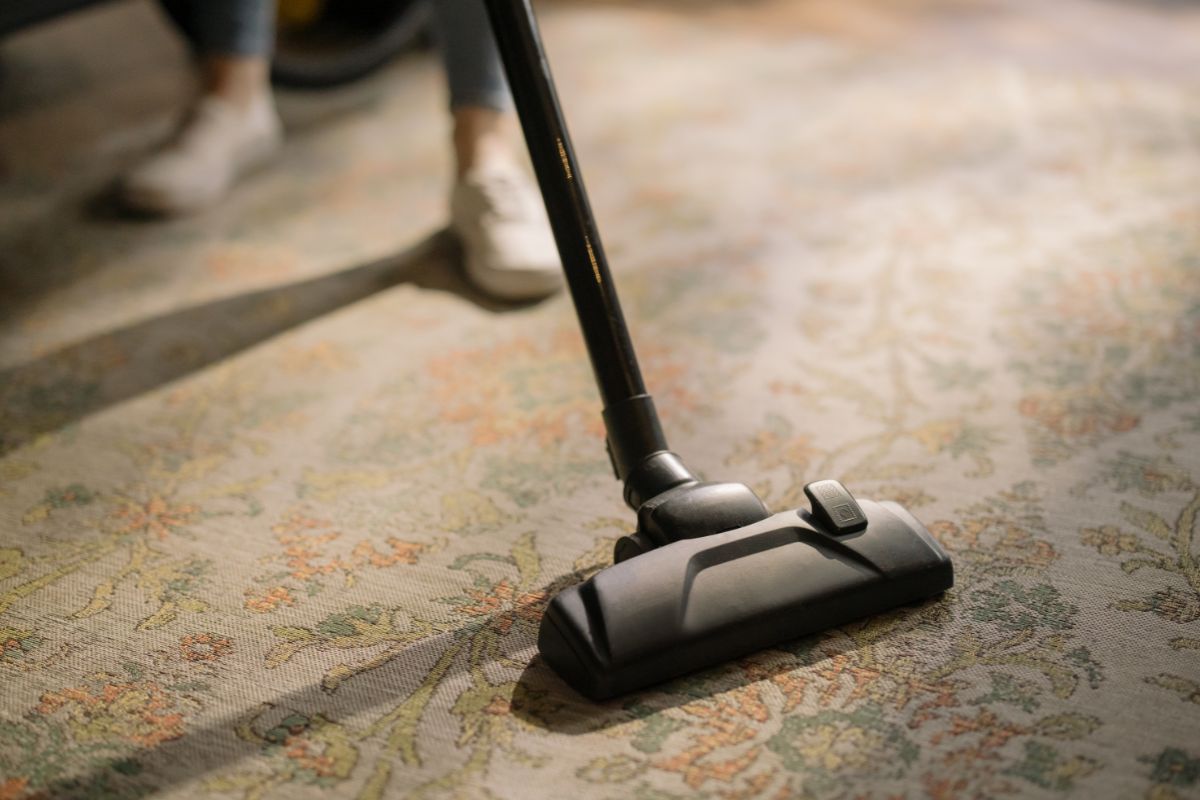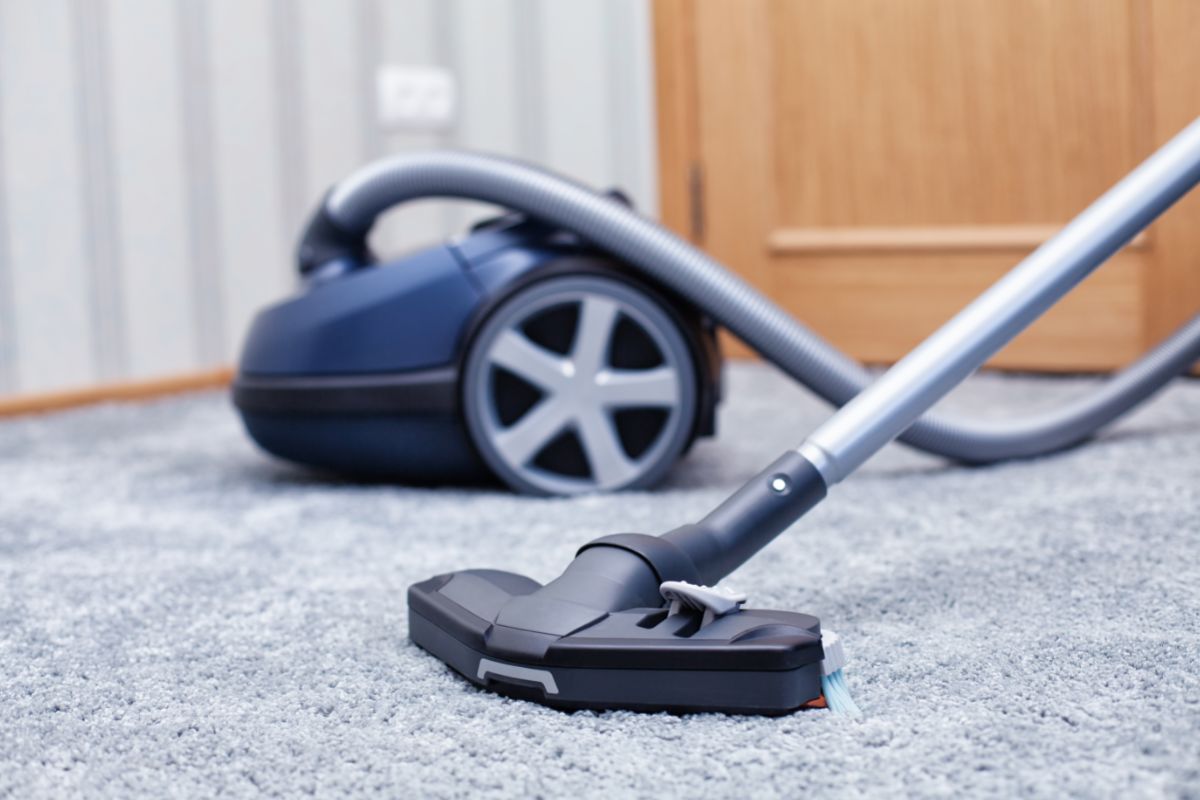If you know a significant amount about vacuuming devices you have probably heard about a HEPA filter.
There is sometimes some confusion around whether some devices have this filter or not as some companies clearly label if they are featured while others are more subtle.
There is often some confusion which surrounds what HEPA filters actually do and what they help with and if there are any pros and cons.
One of the most popular brands when it comes to vacuuming is Dyson with their great reputation and high quality devices.
However, with the demand for devices which have a HEPA filter going up, people often wonder if their Dyson vacuum cleaner will have a HEPA filter as well.
With many people worldwide using Dyson vacuums, it is understandable that a good portion of them want to know if their vacuum has a HEPA filter.
This article is made to answer this question letting you know if any Dyson vacuums have HEPA filters, and if so which ones have them.
This article also aims to answer some common questions about HEPA filters as well as assess how useful they are.
If you have any questions about Dyson vacuums and HEPA filters, keep reading!
What Is A HEPA Filter?
HEPA stands for High Efficiency Particulate Air, and while the meaning of this might seem obscure, it is actually a quite accurate description of what this filter does.
These HEPA filters are specifically designed to make it, so they can keep particles of dust, dirt, as well as larger particles from being able to get out of your vacuum once they have been absorbed.
These filters were actually first made during the second World War.
They were designed by American scientists with the purpose of filtering and absorbing any radioactive particles from the atomic bomb.
However, later than this in 1983 a standardized process was certified for producing HEPA filters.
There are actually strict industry standards surrounding the quality of a HEPA filter which dictate that 99.7% of the particles within 0.3 microns of within the air will have to be removed by this filter.
This sounds quite difficult to understand especially if you are not well-versed with the terminology used, but what this means is that properly certified HEPA filters need to make it so any miniscule particles which go through them will need to be kept inside the vacuum and not be let to leak out.
Dyson’s vacuums are designed with the purpose of keeping any vacuumed dust inside and there are some Dyson vacuums which work with these HEPA filters to make it sure this process works very well.
Having this much absorption makes living with allergies or breathing conditions like asthma significantly easier having less dirty particles in the air.
Vacuums with HEPA filters often have other systems involved, most commonly being an air purifier located in the HVAC filter.
How Does A HEPA Filter Work In A Dyson Vacuum?

It is a common thought in modern life to consider how high-quality the air you are breathing is, more so if you live with a breathing condition which makes the quality of your air a necessity.
Having a high air quality also makes it so allergens and germs are less likely to be able to travel through the air.
While you might be more focused on more external factors like pollutants and exhaust fumes, it is important to make sure the air quality inside your home is as high-quality as possible.
Most of the pollutants that are within the home which can cause allergies are microscopic and the best way to deal with them is through using an air filter.
This is why even if you have a powerful vacuum which can take in a lot of dirt, it is not useful if it does not have a filter to stop the dirt from getting back out.
HEPA filters are designed to stop the microscopic particles from escaping your vacuum.
These filters are designed to catch allergens like dust, pollen, smoke, pet debris, and smoke. The HEPA filters are made with interlaced glass fibers which will trap the particles.
How To Know If Your Dyson Vacuum Has A HEPA Filter?
While it might seem like an overly simplistic method, the best way to find out if your Dyson has a HEPA filter is to look for the filter itself.
If your vacuum has a filtration system, you can see if a filter is fitted.
If it is a true HEPA filter it will have a serial number which you can then research to see what style of HEPA filter it is.
Sometimes the efficacy of the filter will be printed on it. This will also display if the filter is a HEPA and therefore if it meets the strict HEPA standards.
Which Dyson Vacuums Have A HEPA Filter?
Sealed HEPA Vacuums
While it is useful to have a HEPA filter used on the vacuum’s exhaust, you want to make sure all the air inside the vacuum has passed through it.
You want to make sure the air is not seeping out of any other cracks in the device. If this is the case a HEPA filter will be useless.
True HEPA Filters
Make sure to look out for if your filter is labeled a HEPA-type or a HEPA-like as these will usually work similarly to HEPA filters but will not be as good at trapping microscopic particles.
If you are not that worried about microscopic particles they should be fine, but they are not as effective as true HEPA filters.
Bagged Models
Vacuums which use a bagged design are liked by allergy sufferers as all dirt stays contained, and they have self-sealing and filtration systems.
If you do not use a model like this, try and get one with a dust cap that empties from the bottom to avoid dust clouds.
So these are all the factors to look out for to check if your vacuum has a true HEPA filter and if it is effective!

